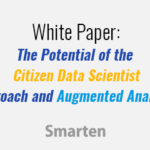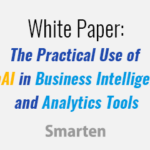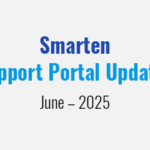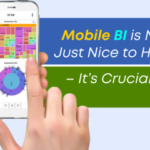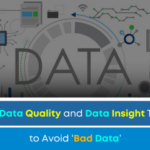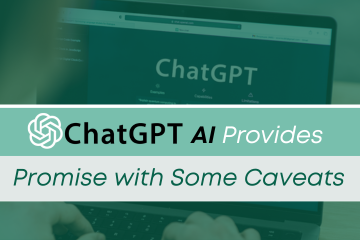
As society evolves, the pace of change becomes more rapid. Technology is perhaps the fastest changing sector of society with new advances every day, and artificial intelligence (AI) is the most disruptive and rapidly changing technology segment in the world. One of the most intriguing AI developments is the recent focus on ChatGPT.
ChatGPT is an AI chatbot developed by OpenAI, launched in November 2022. It is built on OpenAI’s GPT-3.5 and GPT-4 families of large language models, and fine-tuned using supervised and reinforcement learning techniques.
As the market attempts to analyze the value and dependability of ChatGPT, Gartner has stated that,
‘ChatGPT will emerge from its beta phase into an early trial and pilot phase. During that time, we expect adoption to increase, best practices for use to mature, and to see increased adoption into business workflows and applications. However, it is also possible there will be a negative response to a range of issues, including privacy concerns, misuse of information and bias. This is common as a technology moves from the peak of inflated expectations to the trough of disillusionment.’
So, where does that leave us? When we consider our acceptance of, and dependence on, technology, and try to decide when and how to embrace the new tools and techniques, it is worth considering the way the medical community handles the same situation. While new medical techniques and tools can take time to refine and prove, doctors often leverage experimental techniques to save lives. As these techniques are refined, they enter into the mainstream and become more common place. So too can AI and ChatGPT be used within context and an understanding of where we are and what we do and do not know.
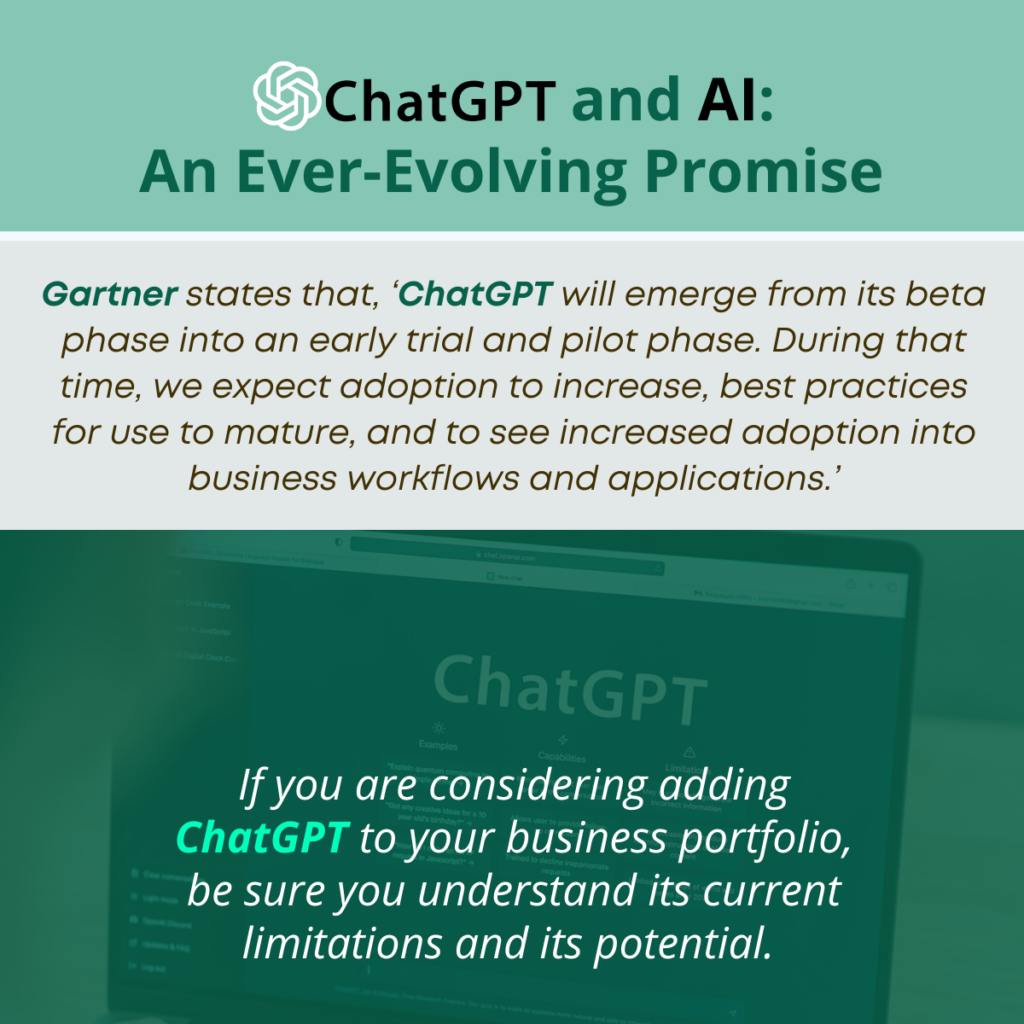
Right now, ChatGPT can be used to summarize text, to improve code development and to improve content and prose. It can answer questions and translate and convert common and programming language.
In the software development and programming community, it can be used to Input text prompts and produce results using a web-based interface, and it allows developers to evaluate prompts and integrate applications with ChatGPT, and to incorporate ChatGPT and other technologies into workflow either manually or via robotic process automation (RPA) or screen scrape.
Eventually, ChatGPT will function to automate tasks, to augment the human execution of tasks or the completion of machine tasks and will perform business and technology processes, and even reimagine, replace, or redefine tasks inherent in certain jobs. But we are not there yet!
Today’s ChatGPT is only a promise of what is to come. Currently, it only incorporates data training through September of 2021, and any data or information beyond that point is either limited or non-existent. It does not accommodate images and its security compliance has yet to be thoroughly tested. Its mathematical capabilities are still in question. Developers cannot introduce new knowledge bases for training, and the system does not cite its sources, so it is impossible to understanding the reliability of the data presented.
If your business is considering using ChatGPT, it is important to establish an understanding of the level of dependability, source credibility and accuracy. Developers, users and stakeholders working with the data provided by ChatGPT should understand that much of this technology is still evolving and that information and data produced by the system should be used in concert with other sources to augment these sources, rather than to replace them and ensure that the organization is working with accurate information.
The ChatGPT AI technology has a lot of promise but, like the newest medical technologies and techniques, it will take some refinement before it enters the mainstream.
If you have questions about artificial intelligence (AI), or if your organization is considering the implementation of a Digital Transformation (Dx) strategy, Contact us to find out more. These White Papers will help you explore the issues and prepare for the challenges. ‘Accelerating Advanced Analytics in an Immature Analytics Culture’, ‘A Roadmap to ROI and User Adoption of Augmented Analytics and BI Tools’, and ‘Integrate Augmented Analytics and Digital Transformation to Achieve Continuous Business Improvement.’



